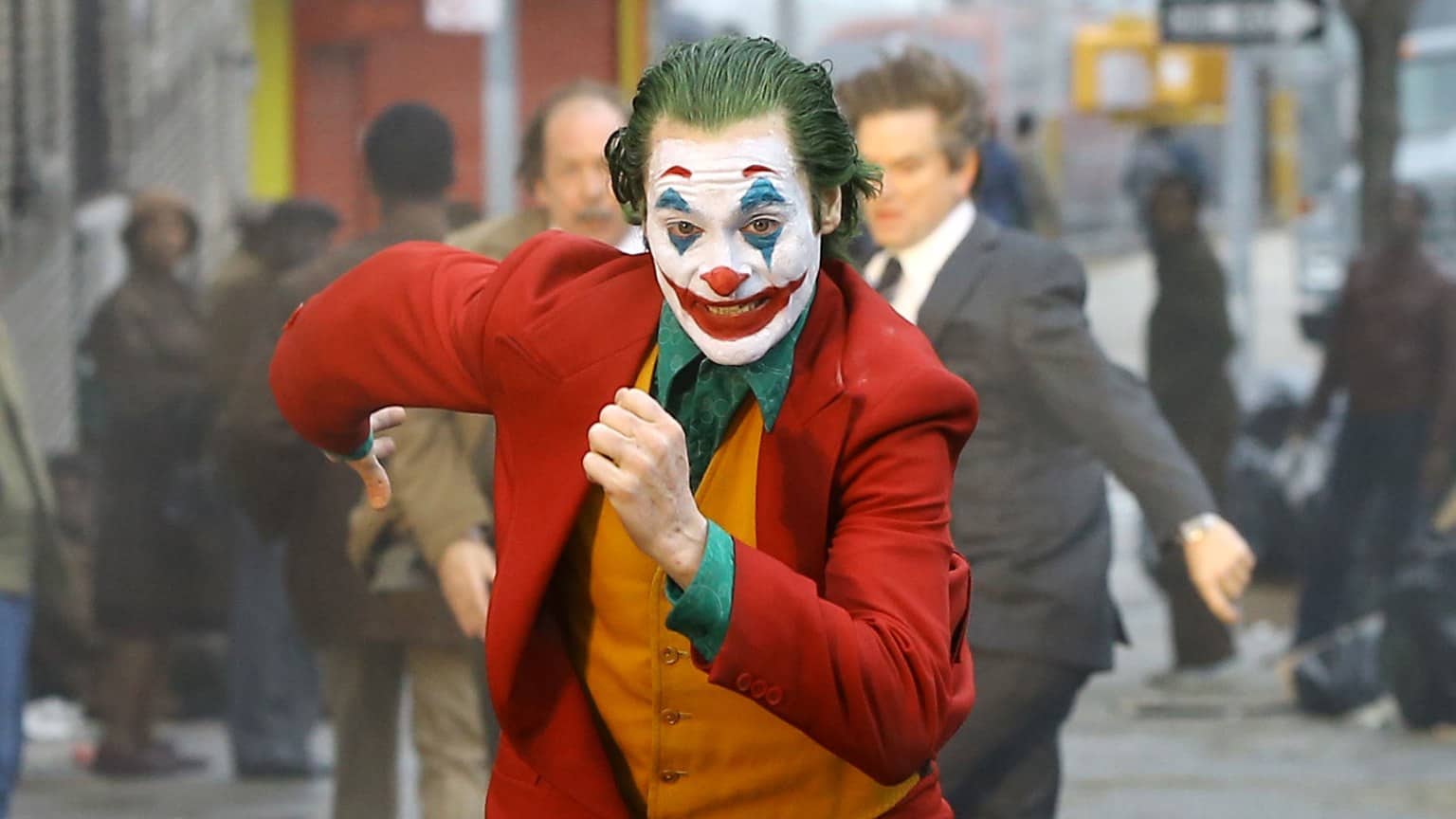I'm not entirely sure what this post will entail, but as it's the first of the fright month, and I'm watching
Alien: The Director's Cut, I might try to make a log of a month in the mostly horrific life of Joel.
That's not to say, necessarily, that my life is a horror, rather I would like to catalog what goes on in daily life, and also what muahCtober has in store this time around...
Monday, October 1
I rode a car and a train today to get to Wrigley Field - a previous site of horror if ever you had to go to the Men's Rooms (troughs still abound today, but they're more a novelty and not the required order of going these days). The Brewers won first place in the NL Central, and have a break until Thursday.
I watched the last 2/3rds of
Alien: The Director's Cut tonight on my return after selling a
craigslist couch in the rain. I've subsequently learned that the director's cut is the less-preferred version of the movie for Ridley Scott, but it was my first time seeing it, so sorta slightly interesting.
Tuesday, October 2
I returned to work a (sorta, not really) hero having played hooky yesterday to help the Brewer's win yesterday at Wrigley! Now watching ESPN coverage of the next game at Wrigley - the NL Wild Card Game between the Rockies and the Cubs (which is starting to turn a bit horrific with a lot of breaks going the Cubs' way and tying up the game in the bottom of the 8th).
And another very strange break in the 11th where Javy Baez hugged a 3rd baseman possibly planning to make a play as he ran and stopped on his way to 3rd.
Still more baseball to come it seems... I hope they play 24 innings and finish around 4am before making their way North to Milwaukee for Thursday's game. In the changeovers I am going to watch
Ouija: Origin of Evil, which i expect will be really good...
and it's a prequel!, evidently. Oy I may be in for a rough night.
As it turns out,
Ouija is a clumsy but effective movie... I will have nightmares tonight, but if i were less susceptible, it would seem outrageous.
Wednesday, October 3
The "horror" of today was (what seems to me anyway) an obscure late-80s movie starring Paul Newman and
John Cusack:
Fat Man and Little Boy. I also read "The Cottage of Lost Play" from
The Book of Lost Tales Part One.
The night itself was haunting - it was 80 degrees outside in October, and the wind howled all through the night. We opened the windows and our house was like a wind tunnel. Later in the night, some of the windows we closed, and then the doors (none of which quite latch) opened and closed throughout the night, causing me nightmares and waking starts and shadowy visions (btw i'm afraid of the dark, so there's that).
Thursday, October 4
Watched most of the Brewers game at
SC Nomad, and then Bob Uecker drove me home to watch the 9th (which is starting to turn into a bit of a nightmare...).
Friday, October 5
And so the Brewers go up 2-0 in the NLDS. We watched the heart of the game at
Jalapeno Loco (which is the best Mexican restaurant in Milwaukee, near as I can tell).
Watched some of the other playoff games, but also, mostly, watched
Dracula (1979) - a Frank Langella vehicle, I guess?
Saturday, October 6
Played a steampunk adventure of the Oz Squad with the
BRP System. Scarecrow, Tin-Man, Lion, Dorothy & Toto (I played Dorothy, natch) traversed the Enchanted Forest to find the tomb of the Wicked Witch of the West, and bring her broom back to the Emerald City.
Sunday, October 7
Brewers sweep the NLDS over the Rockies after Liverpool manages a 0-0 draw with Manchester City. Then,
The Walking Dead, Season 9 premiers.
Monday, October 8
Doctor Day! I've never watched a full season of
Doctor Who, though I've seen plenty of episodes. The first episode of Series 11 (2018) premiered last night with Jodie Whittaker playing the 13th Doctor.
On a parallel track, I've been watching Season 14 (1976-7) with the 4th Doctor (Tom Baker). Since The Doctor travels through time and space, it seems to me fairly arbitrary what order to experience the seasons in...
Tuesday, October 9
Watching the 2017 reboot of
Flatliners. The main difference clear in the new version is that they waste a lot less time assigning immediate motivations to everyone and every aspect. And everything scaring the shit out of everyone all the time... like non-stop once it gets going. Just piling on of creepiness on top of sudden jolts on top of grief horror.
Sunday, October 21
Watched a bit of
Luke Cage, and listened to Dan Carlin's
Hardcore History: Show 60 - The Celtic Holocaust and on the plane,
Alexander Hamilton, by Ron Chernow.
Monday, October 22
I downloaded
Harry Potter: Hogwarts Mystery on iPhone after vegging out to some SlasherFest on AMC and watching the 2009
Friday the 13th sequel/reboot and parts of
Wes Craven's New Nightmare.
Tuesday, October 23
I finished
Luke Cage, Season 1 while waiting for a plane at La Guardia en route home from White Plains, New York.
Wednesday, October 24
Eli Roth's History of Horror has made its way through three episodes and two monster types - zombies (ep. 1) and slashers (eps. 2 & 3). I finished up episode 2 today and am digging into #3, with some interest.
Saturday, October 27
Continued watching
The Haunting of Hill House and the Harry Potter game after watching Liverpool dominate and getting ESPN Gamecast updates that Nottingham Forest were totally robbed, but got a positive result at Leeds.
Sunday, October 28
Watched a dominant Bear's victory over a bad team. Looks like they're moving back into first place as I also switched back and forth between some more
Classic Doctor Who and 1/5th of the
Super Sports Equinox, where the Packers lost. The Vikes may still have something to say about that first place finish today, and i'm watching some of that whilst also watching the
newest episode featuring The Thirteenth Doctor.
And it was a
The Walking Dead evening...






 Perhaps the best scene that tells this story is when Micah leaves a Ouija Board on the coffee table and (SPOILER ALERT!) the 'cursor' moves a little bit, it starts spelling something out, then starts on fire. This is a cliché more often than not, but it works because it looks like it HAS to be real, because there're no 'special effects' in this movie (because it looks like a home video, see).
Perhaps the best scene that tells this story is when Micah leaves a Ouija Board on the coffee table and (SPOILER ALERT!) the 'cursor' moves a little bit, it starts spelling something out, then starts on fire. This is a cliché more often than not, but it works because it looks like it HAS to be real, because there're no 'special effects' in this movie (because it looks like a home video, see).

